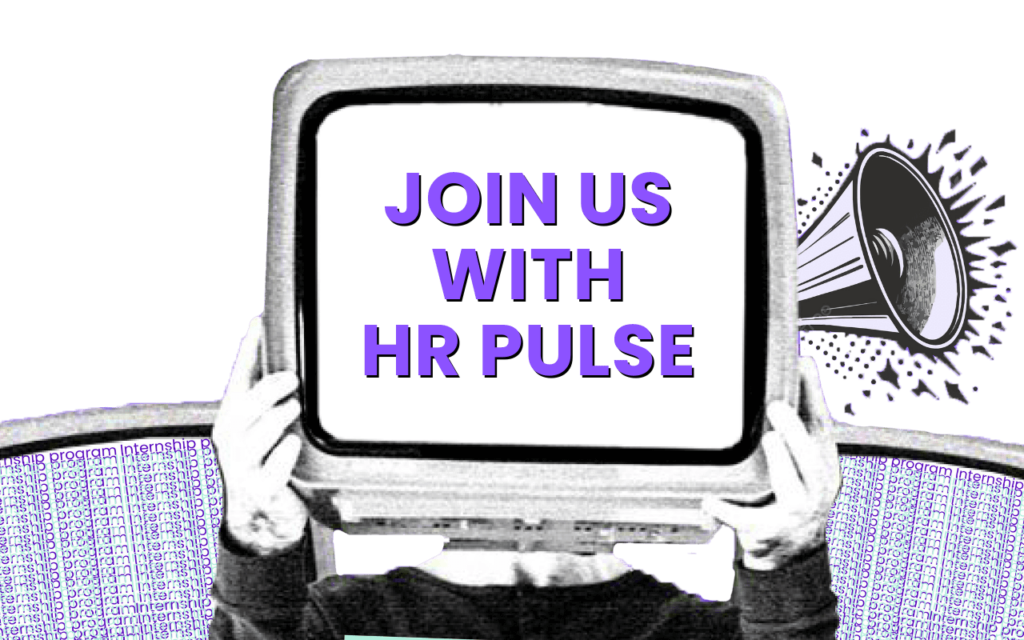In today's dynamic business landscape, a high-performing workforce is the cornerstone of organizational success. But more than simply recruiting talented individuals is required. Companies need a robust performance management system to unlock their potential and achieve sustained growth. Here's where HR professionals step in as strategic partners, creating a framework that fosters continuous learning, development, and employee satisfaction.
1. Goal Setting:
Effective performance management thrives on collaboration. HR can guide managers and employees to establish SMART goals (Specific, Measurable, Achievable, Relevant, and Time-bound) that align with individual roles, departmental objectives, and the organization's overall strategy.
Think Development: While performance goals are crucial, consider incorporating development goals as well. These goals should focus on skill-building and knowledge acquisition, empowering employees to close skill gaps and enhance their long-term career prospects.
Transparency & Regular Check-Ins: Ensure goals are transparent and understood by both managers and employees. Develop clear communication protocols and encourage regular check-ins to track progress, address roadblocks, and provide ongoing support.
2. Continuous Feedback:
Let's ditch the dreaded annual review cycle! HR can champion a culture of continuous feedback. Develop training programs for managers to provide effective feedback, emphasize specific behaviors, and foster open communication. Consider implementing online feedback platforms like Paismo HR to streamline the process and facilitate real-time conversations.
Focus on Specific Behaviors: When offering feedback, focus on specific behaviors and their impact on performance. Avoid generalizations and target actionable steps for improvement.
Two-Way Street: Performance management isn't a one-way street. HR can encourage employees to provide feedback on their managers' coaching styles, workload, and development opportunities. Anonymous surveys or focus groups facilitated by HR can be valuable tools to gather employee insights.
3. Performance Development:
Conduct skills gap analyses to pinpoint knowledge deficiencies within your workforce. Analyze performance data, employee feedback, and industry trends to identify areas requiring targeted interventions. HR can leverage People Analytics tools offered by some HR software solutions to gain deeper insights and identify trends that might be missed otherwise.
Learning & Development Opportunities: HR is central to curating and delivering a comprehensive Learning and development (L&D) program. Offer a variety of learning formats to cater to diverse learning styles, including online courses, in-person workshops, mentoring programs, and internal knowledge-sharing sessions.
Recognition & Rewards: Work with managers to establish clear recognition and reward programs that acknowledge and celebrate exceptional performance. This reinforces positive behaviors and motivates others to strive for excellence. Consider integrating a recognition module within your HR software for seamless administration and broader visibility.
4. Performance Evaluation:
Developing and implementing a standardized performance evaluation process is crucial for ensuring fairness and consistency across the organization. HR should create clear evaluation criteria that align with established goals.
Multiple Data Points: Don't rely solely on self-evaluations or manager feedback. Encourage managers to gather data from various sources, including project results, client feedback, and peer evaluations, to provide a comprehensive picture of employee performance.
Documentation is Key: Maintain clear and accurate documentation throughout the performance management cycle. HR can advise managers on proper documentation procedures. This documentation is a valuable reference point for future discussions and can be crucial for addressing performance issues.
5. Ongoing Communication:
HR can champion open communication throughout the performance management process. Develop communication guides for managers conducting performance conversations and encourage employees to voice concerns and seek clarification.
Transparency Builds Trust: Be transparent about expectations, performance standards, and career advancement opportunities. HR can create informational resources and workshops to ensure transparency across the organization. This transparency fosters trust and motivates employees to take ownership of their performance.
Regular Dialogue: HR can encourage managers to schedule regular one-on-one meetings with employees to discuss performance, career aspirations, and overall well-being.
Optimizing Your HR Processes with Technology
While a robust performance management framework is essential, embracing technology can significantly enhance its effectiveness and streamline HR workflows. Modern HR software solutions like Paismo HR can be a game-changer, offering features that:
Automate Administrative Tasks: Free up valuable HR time by automating repetitive tasks such as timesheet tracking, payroll processing, and leave management. This allows HR professionals to focus on strategic initiatives and employee development.
Enhance Data-Driven Decision Making: Leverage people analytics to identify trends and areas for improvement. Data visualization tools can provide valuable insights to support strategic talent management decisions.
Improve Employee Self-Service: Empower employees to manage their data through self-service portals. This includes accessing payslips, requesting time off, updating personal information, reducing administrative burdens on HR, and increasing employee satisfaction.
Ready to experience the new age of work? Visit Paismo HR today.









